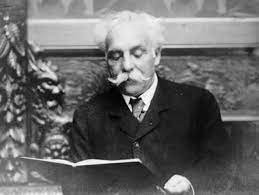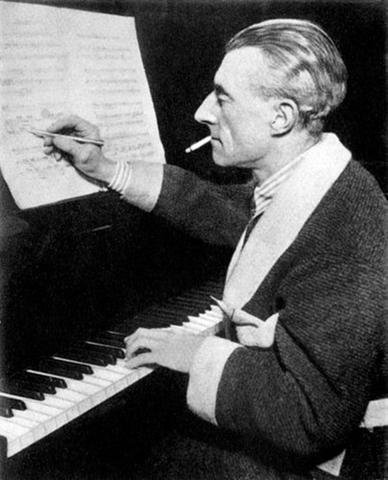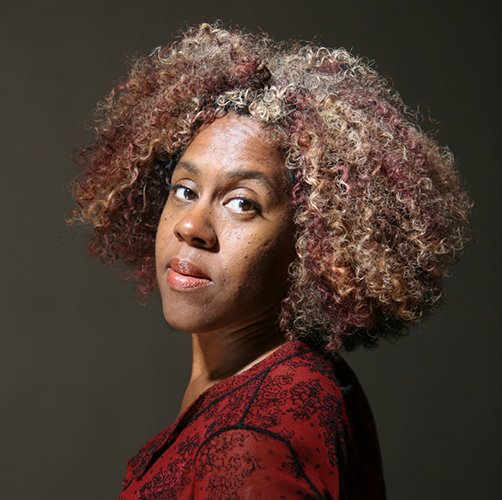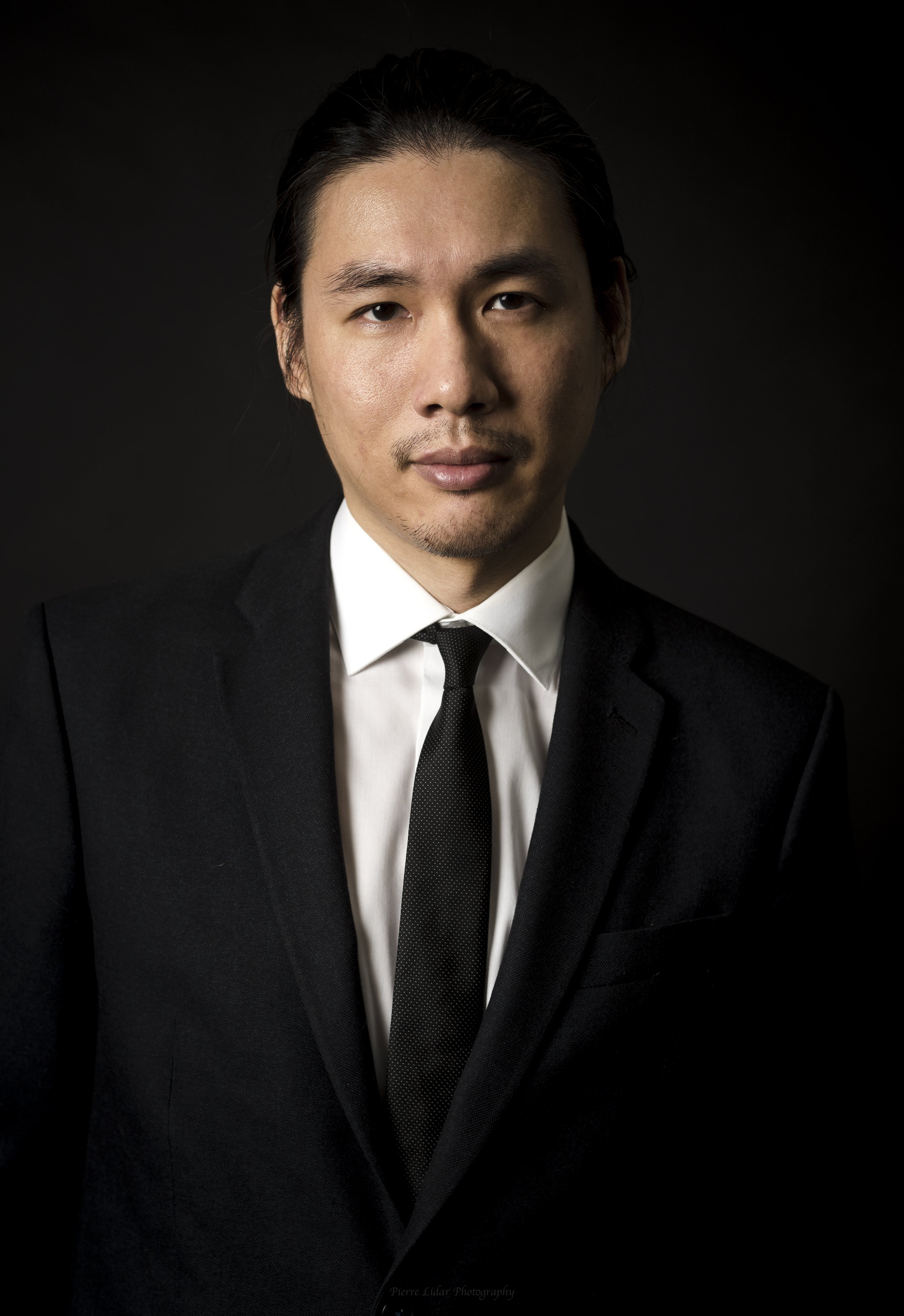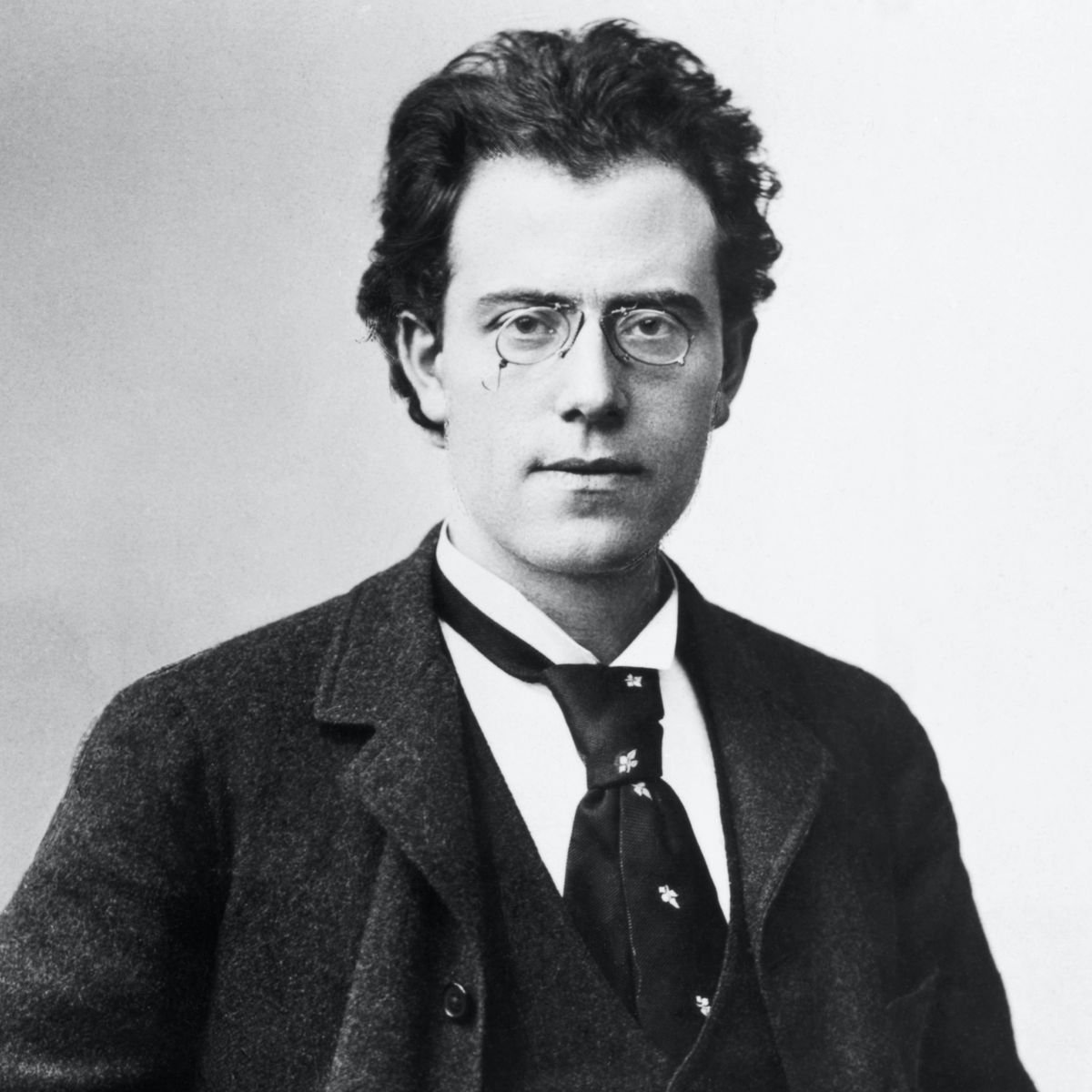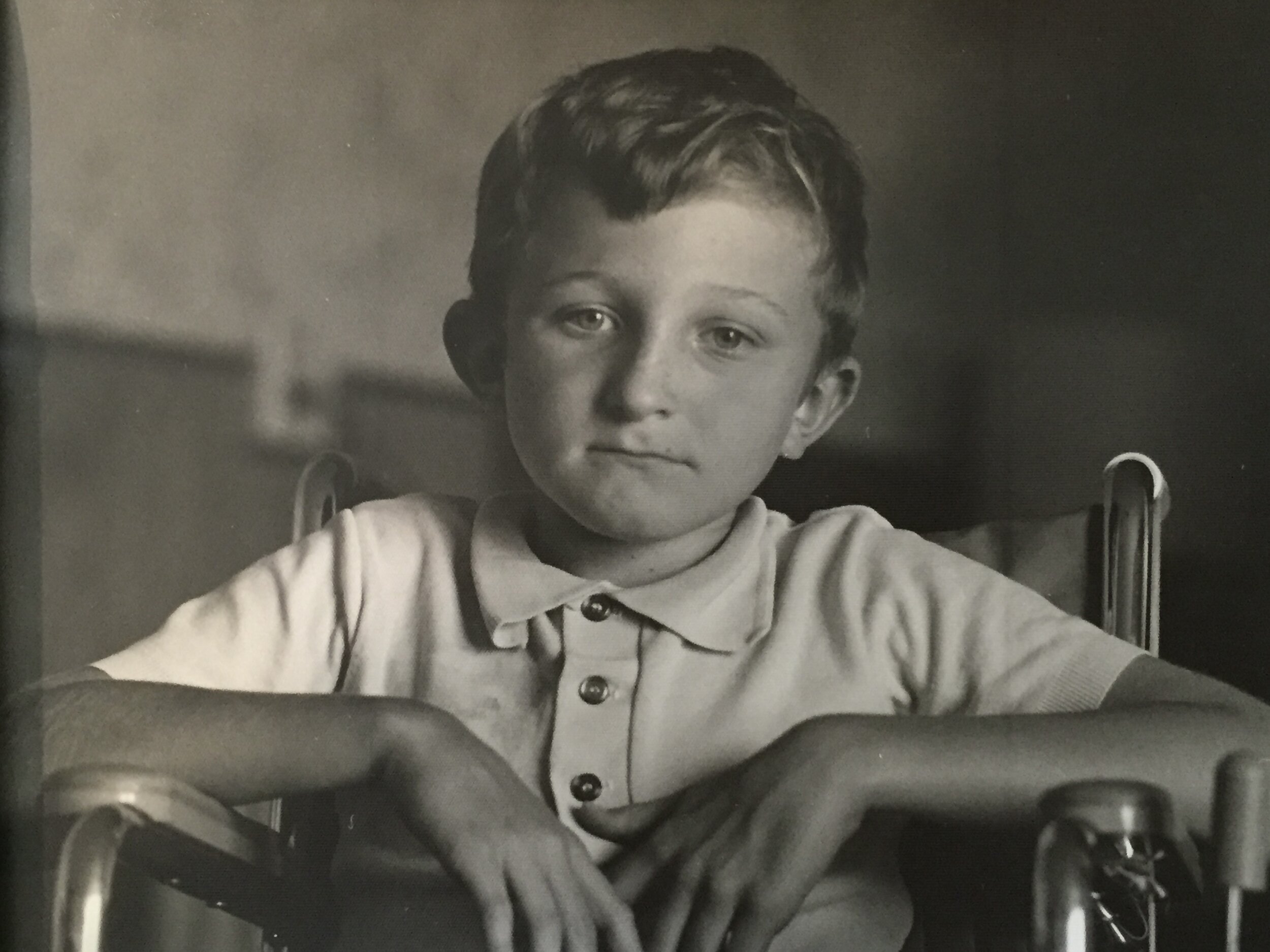
but how things change
Our program “But how things change,” musically and textually explores the individual and collective experiences we have gone through in the period following the onset of COVID-19. Opening the program is Edie Hill’s The Giver of Stars: Six Poems of Amy Lowell, Lowell was one of the few queer American women writing in the early part of the 20th century and used her poetry to express her love for actress, Ada Dwyer Rusell, with whom she had a long-time concealed relationship. Hill perfectly captures a desire for intimate connection with the people we love, an emotion I’m sure we all felt in our time of isolation in 2020 and beyond. Next is a group of euphoric Fauré songs that embody the joy felt as we became safely reunited with loved ones. Rêve d’Amour, Green and Nell are offerings of oneself to a lover, a list of beautiful earthly things given and then transformed into an admittance of passionate love. L’Hiver a cessé, the final song in La Bonne Chanson, declares the end of Winter, which to Paul Verlaine, was the end of his despair.
Ravel’s Deux Mélodies Hébraïques entail so much of the trajectory of the past two years. Kaddisch blesses and mourns those who have passed, and simultaneously questions the purpose of existence. Kaddisch is performed to honor those who lost their lives to COVID-19-19, police brutality, gun violence, and acts of racially motivated hatred. L’énigme éternelle (The Eternal Enigma) questions the purpose of life and our suffering but also reverts to inaction. Despite numerous and grave collective tragedies, our society continues to react with apathy, selfishness, and the resignation to continue on fighting for necessary reformation,
Errollyn Wallen’s Daedalus tells the tale of Icarus from the perspective of his father, Daedalus, after he learns of his death. Daedalus searches aimlessly for his son while never losing hope. Hope is what bears us (both as a society and as individuals) through the darkest of times. Hope (and of course a little mischief) is what carried my father (pictured above) through growing up with Osteogenesis Imperfecta, a very rare bone disorder. At the age six, while undergoing painful experimental treatments, my father asked his mother to help him write a letter to his grandmother. He spoke and she wrote. After my grandmother passed away many years later we found the letter in her bedside table. We will never know her reason for not sending it, but knowing my grandmother, it was because she wanted to hold on to this memory for as long as she could. I’m more than grateful to Shawn Chang, one of my greatest friends for giving music to these words which mean so much to me.
Shawn Chang writes about Marty’s Letter, “One of the first things that captured me is how much kinetic energy is expressed in words such as “run,” “play,” and “roll around.” Immediately, I thought to myself, I must write something that communicates agility and physical dynamism even if they are, given Marty’s condition, a child’s wish. When I read the letter, I see a hopeful person eager to demonstrate that he is just as nimble, if not more so, as others, and that whatever keeps him from being so is only temporary. What is important for me when I set music to Marty’s words is maintaining the playfulness in tone, even at moments when the words seem melancholic.”
Lastly, Mahler’s Rückert Lieder paints some of the most important and universal emotions: blissful nostalgia, pure love, bleak emptiness and desperation, and finally acceptance of what is.

